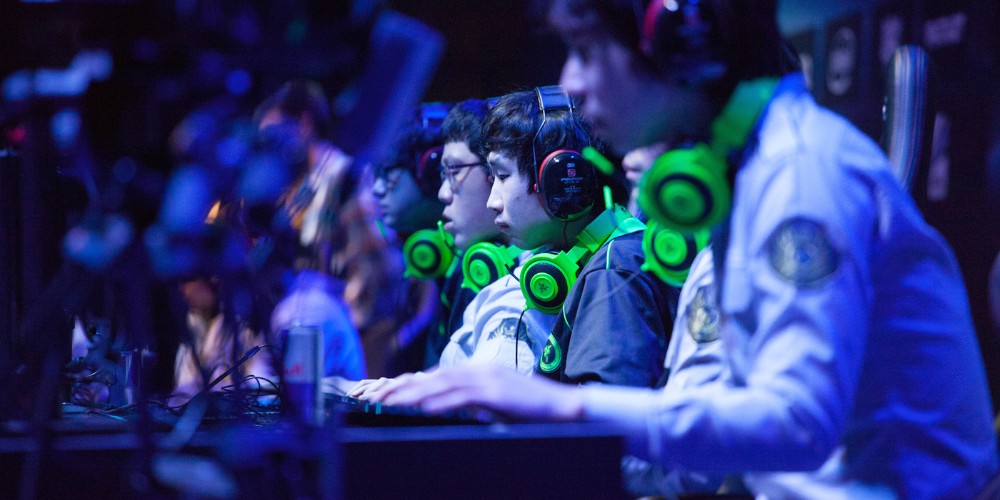
Video gaming has become intricately integrated with contemporary culture, engaging an ever-growing global audience. As it gains greater significance, there is a burgeoning interest in understanding how this interactive digital amusement impacts mental health and behavior. The digital landscapes offer an escape from reality and a platform for creativity, problem-solving, and social interaction. However, they come with concerns about potential adverse effects such as addiction, aggression, and social withdrawal. This article dives into the psychology behind gaming to explore its multifaceted impact on our minds.
The Dual Faces of Gaming: A Cognitive Perspective

Video games are unique in their ability to provide immersive experiences that can improve cognitive functions like attention, spatial skills, and multitasking abilities. They create environments that demand quick decision-making and adaptation, translating into learning opportunities. Yet skeptics point out prolonged gaming may lead to attention difficulties and a preference for immediate gratification over long-term goals.
Emotional Response to Interactive Narratives

Engaging with a video game's storyline invites players to traverse a spectrum of emotions, encompassing delight and vexation. These interactive stories have potential therapeutic benefits by providing safe spaces for emotional exploration and stress relief. Nevertheless, persistent exposure to intense gameplay can result in mood alterations or desensitization to specific emotions.
Social Connectivity Versus Isolation Dilemma

Massive multiplayer online games have revolutionized people's socialization by creating vast communities with shared interests. Gaming becomes a venue for friendship formation and social support systems that extend beyond virtual realities. Correspondingly, some individuals might isolate themselves from their immediate physical environment due to excessive gaming.
Addiction Concerns and Moderation Strategies

The discussion about video gaming is often clouded by apprehensions regarding addictive behaviors. The design elements of games are scrutinized for their propensity to create compulsive playing habits. Moderation strategies like set playtimes and awareness campaigns promoting balanced lifestyles are essential to counterbalance this risk.
Developing Life Skills Through Gameplay
Amidst debates surrounding gaming's drawbacks, positive insights suggest games can be platforms for developing critical life skills like resilience against failure, strategic planning, teamwork abilities, leadership qualities, and empathetic understanding within multiplayer environments.
In conclusion, gaming encompasses an intricate tapestry woven by contrasting influences on mental health and behavior. As we navigate through its effects, ranging from cognitive enhancement to social connectivity dilemmas, it’s clear that while video games hold great potential for development across various skill sets, they also necessitate heedful engagement to avoid detrimental outcomes like addiction or emotional numbing.
Integrating video game usage into our lives is vital to harnessing their benefits while mitigating adverse consequences—encapsulating the essence of balancing virtual adventures with real-world well-being.
